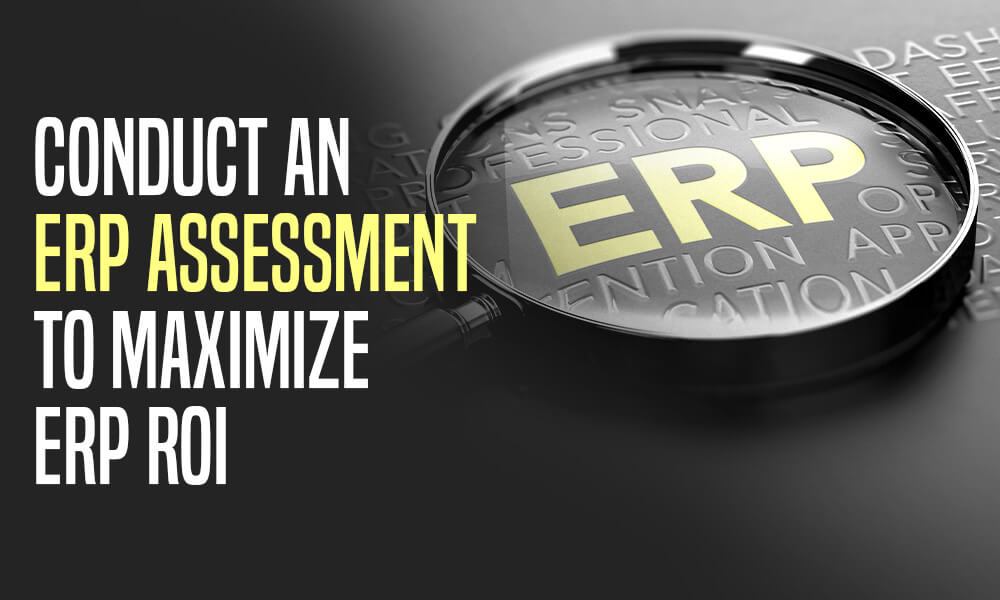An ERP system is an indispensable tool for streamlining processes in an organization. It enhances productivity and fosters growth.
However, the true value of investing in ERP software is realized when it yields substantial returns on investment. To ensure this, a crucial step is conducting a periodic ERP assessment, which is pivotal in optimizing your ERP ROI.
In this blog, we have listed 6 points that will help you optimize ERP ROI while meeting your organization’s objectives.
Execute an ERP Assessment
Prior to an ERP deployment, in most cases organization outlines the concern areas that needs to be addressed with its implementation. For an ERP assessment, the organization can outline certain checkpoints that help to measure and assess the ERP performance on a periodic basis. These periodic assessments lay the foundation to identify how well the weaknesses were addressed and make the best of any upcoming opportunities to generate value from the ERP investment. It also helps in making informed decisions and strategic planning.
- Step 1- Implement an ERP software assessment
To know
- How Cloud ERP Can Save Your Business Money?
- How does ERP software bridge the gaps & discrepancies in business perations
- Where does business stand without ERP software?
Implementing an ERP assessment is the best way to get insights into possible strengths, weaknesses, opportunities, and threats, which will help you create a roadmap to achieve your organization’s goals.
- Step 2- Review Technical Infrastructure
Prior to implementing ERP software, identify technology gaps to determine potential risks that might hinder the system’s performance or compromise data integrity. This will help analyze the scalability, performance, and security of the ERP infrastructure. Post implementation, assessment in terms of system uptime, load management & server response will give adequate measures of technical infrastructure performance.
- Step 3- Evaluate ERP Cost and ERP ROI
While ERP solutions involve high costs, they undoubtedly provide good ROI in due course of time. However, to gauge the efficiency of ERP projects, ERP implementation requires careful planning, execution, and continuous evaluation to optimize resource allocation for maximum returns.
- Step 4- Prioritize Security and Compliance
Implement robust security measures and conduct regular audits to mitigate cybersecurity risks and ensure regulatory compliance. Stay informed of emerging threats and regulatory changes that may impact ERP security and data privacy.
- Step 5- Employee Training and User Support
An organization’s employees can reap maximum benefits for them. Therefore, it is necessary to provide employee training to make them friendly with the ERP system and eliminate resistance to change. Furthermore, getting user support from the ERP vendor is crucial to enhance the project’s productivity and accuracy.
- Step 6- Data Quality and Integration
Ensure data consistency, accuracy, and accessibility across the ERP system. After integrating the software, evaluate data synchronization with other enterprise systems and external sources.
Furthermore, address any data disparities or inconsistencies that may hamper decision-making or business intelligence efforts.
How Can SourcePro Be Helpful?
At SourcePro, we take pride in being the industry leader in providing ERP solutions that align with the goals of organizations from different industries.
We encourage active engagement in ERP Assessments to attain the full potential of ERP projects.
With data-driven insights and strategic alignments, we assist organizations in continuous improvement to drive operational excellence.
By partnering with SourcePro, leverage our expertise and industry knowledge to simplify and overcome the complexities of ERP implementation.
Follow the link https://sourcepro.co.in/contact-us/ to contact us today for a demo.
